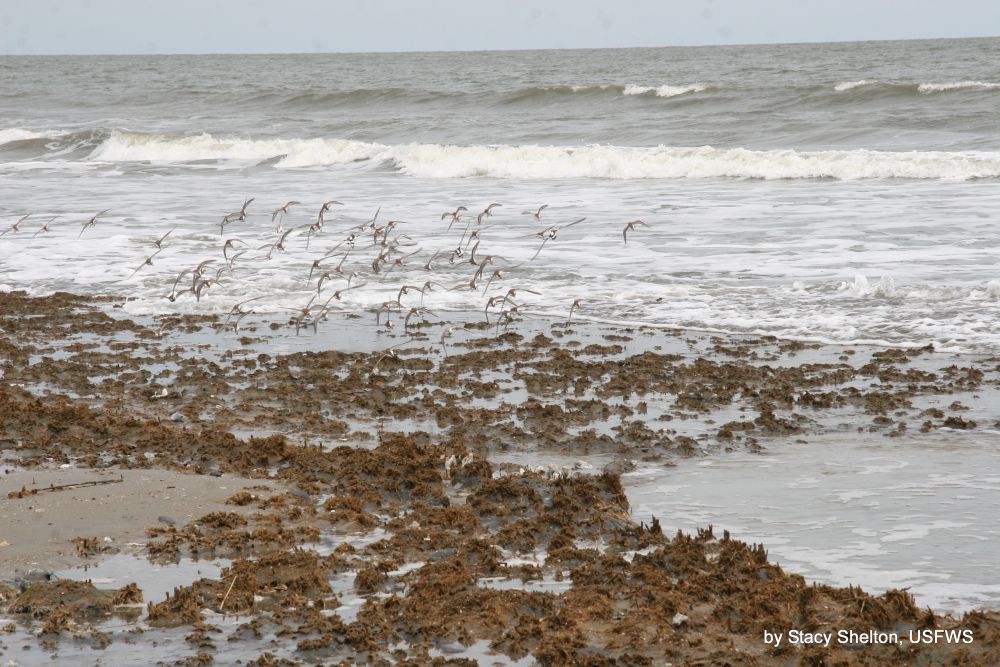Bad week for the environment, as studies show further cause for concern from climate change
Many Climate Science stories have emerged this week and most have meant bad news for those trying to fight climate change.

Many Climate Science stories have emerged this week and most have meant bad news for those trying to fight climate change.
Research from the Niels Bohr Institute has shown that sea levels could continue to rise for 500 years, even if mitigation measures are taken to tackle climate change. The researchers used a model and 4 projections of carbon mitigation measures (pessimistic, optimistic and 2 realistic) to track how sea level would change over the coming centuries.
They suggest seal levels could rise 1.1m by 2100 under a pessimistic scenario, and 5.5m by 2500. Optimistic scenarios with dramatic decreases in carbon predict 75cm of rise by 2100 and 2m by 2500. This is largely unavoidable as temperatures have already risen enough to cause this increase, there is a lag effect however due to the high heat capacity of water. Only the most optimistic projections show sea levels beginning to fall off before the middle of the millennium.
A study has also found severe drought and depressed water tables have pushed some desert ecosystems into a ‘catastrophic regime change’, where many species cannot recover. The study focussed on aquatic insect populations in perennial Arizona streams. These streams dried up over the last several years causing a regime shift and a sudden change in species and regional extinctions in some places. Droughts have hit the South West of America severely in the last few decades and the authors claim similar events will cause rapid changes in populations in other ecosystems as well.
